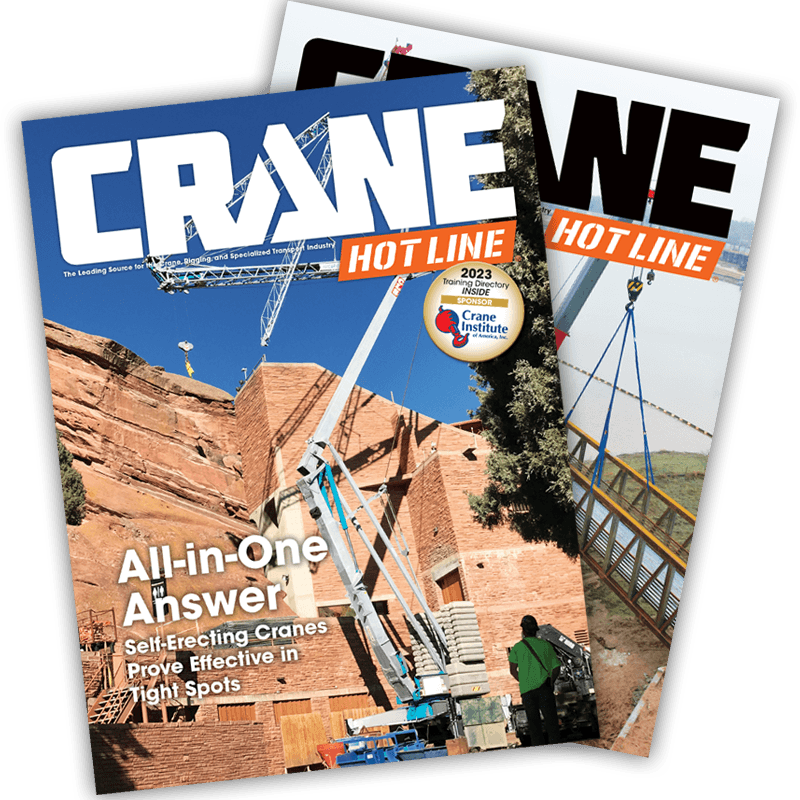March 3, 2009 -- President Barack Obama’s 2009 trade policy agenda seems to be taking us backwards, says Dennis Slater, president of the Association of Equipment Manufacturers (AEM), and will actually impede any progress in meeting the challenges the president cites. “In reality the president’s agenda will do little if anything to help manufacturing companies,†says Slater, responding to the agenda released by the U.S. Trade Representative yesterday.
“President Obama’s trade policy agenda asserts it will promote social accountability and will emphasize improvements in the living standards of American families by reorienting the economy to meet challenges in energy, the environment, and global competitiveness,†states Slater. As an economic stimulus, the American Recovery and Reinvestment Act is an imperfect step forward, he says.
“But with its focus on rebuilding America’s infrastructure it will put some people back to work. Improved infrastructure will enhance the movement of goods, and thus trade and our quality of life. However, with the announcement of the trade policy agenda, the president seems to be leading the U.S. back to protectionism. This philosophy has been proven over time to be counterproductive to American manufacturing, and thus detrimental to the people and communities relying on the jobs, taxes and other benefits that a strong economy provides.
Instead of moving forward with the Free Trade Agreements (FTAs) already signed with Panama, Colombia, and South Korea, the president now says these key FTAs need more review, recounts Slater. The president, he says, also indicates he intends to give NAFTA another look, “which cannot inspire confidence in our most important trading partners, Canada and Mexico,†says Slater. AEM urges Congress to approve the FTAs in place, and not to reopen NAFTA.
AEM agrees with the president that the U.S. should seek a successful conclusion of the Doha Round in 2009, says Slater. The organization would like to see significant cuts in foreign tariffs and trade barriers on industrial equipment, and believes trade with Cuba should have been included in the trade policy statement. “A sensible trade policy will ultimately benefit all U.S. citizens as well as those in other countries the president says he is so interested in helping. Improvements in energy, the environment, and global competitiveness are more likely to result with free and fair trade than they are without it,†adds Slater.


